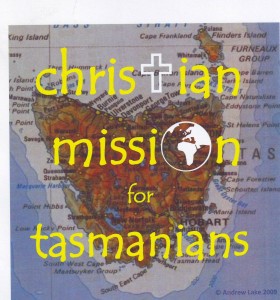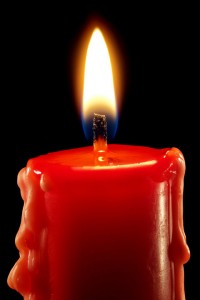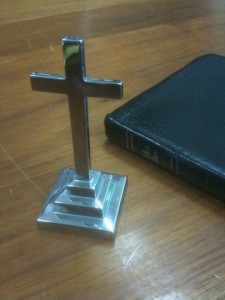Last Friday there was an interesting discussion on “Sunrise” with Tim Mander (CEO Scripture Union, Qld) and ex-Democrat Senator Lyn Allison (a long time opponent of chaplains in Government schools), “Should school chaplains be scrapped?”
I mentioned in a recent blog post that there was an announcement last weekend to extend federal funding for school chaplaincy to the end of 2011. Sue Rowlands (Scripture Union Chaplaincy Support Officer – North) says of the funding extension, that it will provide “time to further evaluate and improve the long term delivery of chaplaincy.” Read the Media Release: Christian Lobby welcomes Rudd Government support for school chaplaincy here
Prime Minister Kevin Rudd spoke at the Australian Christian Lobby’s National Conference (Hyatt Hotel, Canberra) on 21 November 2009. Half way through the speech, he shares some positive words on school chaplaincy. Read his speech “Prime Minister’s Address to ACL Nov 2009” here.
Sue Rowalnds shares some points to note:
- the speech highlights that the extension is about providing “the Government with further time to consult with the community and evaluate the best long-term shape of the program.”
- no additional schools will be able to take up chaplaincy positions at this stage. (i.e. those who had not applied for the funding in the first 2 rounds)
- all Chaplaincy positions are extended to this time, – i.e. a common end point for the current chaplaincy framework.
The Prime Minister’s speech is extremely positive towards chaplaincy, and worth sharing around – particularly those who have responded to the call to speak up for chaplaincy. The collective voice has obviously been heard, resulting in the Prime Minister’s speech.


 Andrew and Pam, it is God’s Word which brings us knowledge of God, and new life in him. It is God’s Word which must shape your missionary service in Damascus, and which you must seek to live and proclaim during your time in Syria. May your life be so grounded in the Gospel of Jesus Christ, as proclaimed in the Scriptures, that this same Word may be known, honoured and obeyed among all those to whom you will minister.
Andrew and Pam, it is God’s Word which brings us knowledge of God, and new life in him. It is God’s Word which must shape your missionary service in Damascus, and which you must seek to live and proclaim during your time in Syria. May your life be so grounded in the Gospel of Jesus Christ, as proclaimed in the Scriptures, that this same Word may be known, honoured and obeyed among all those to whom you will minister.
